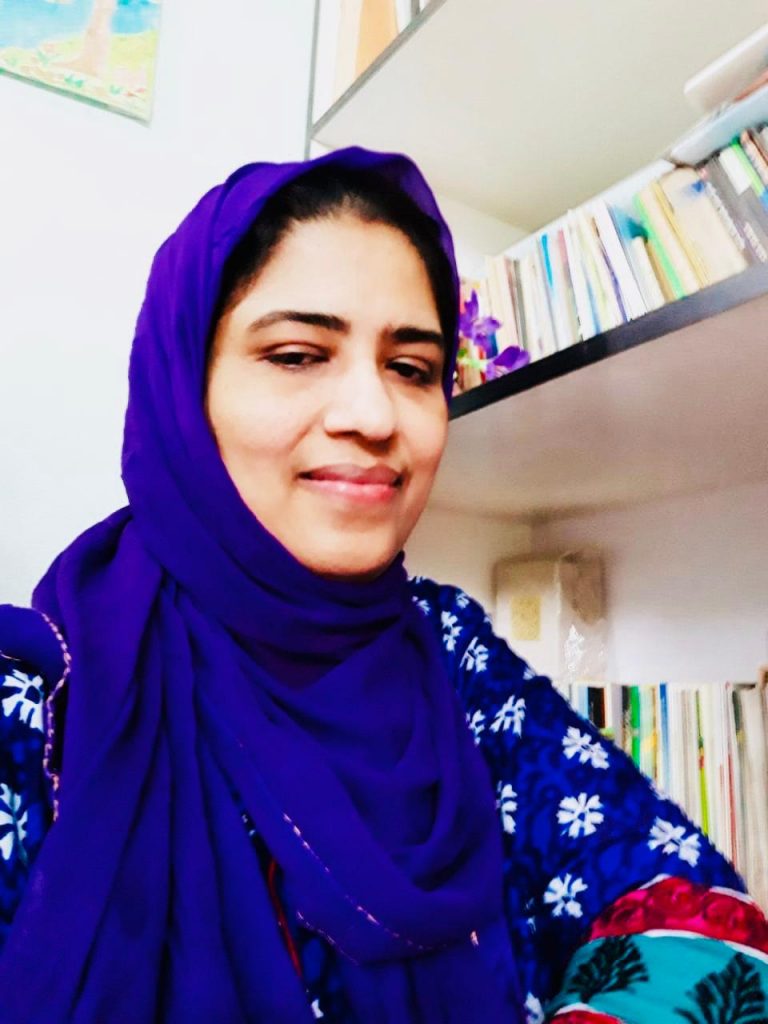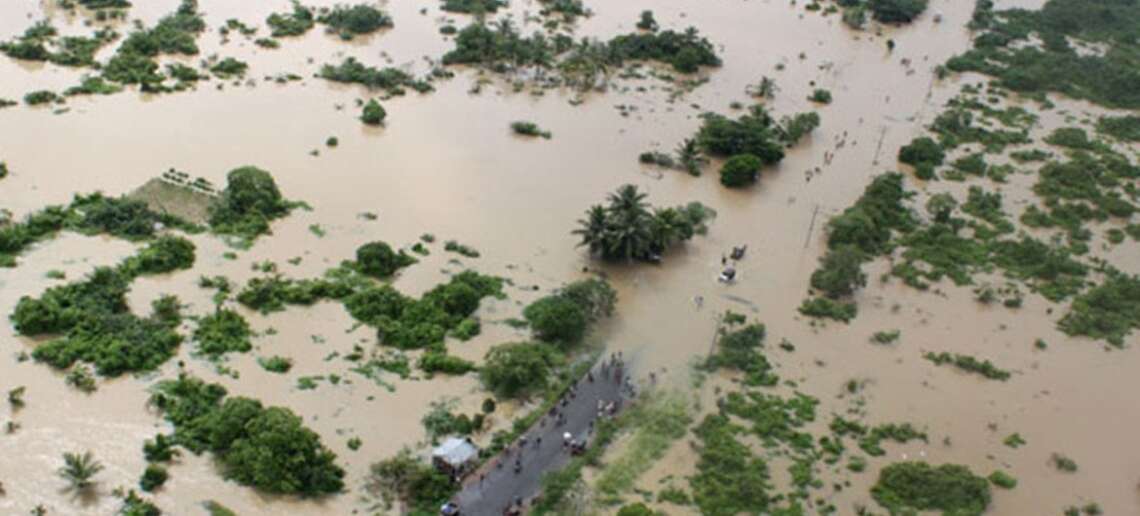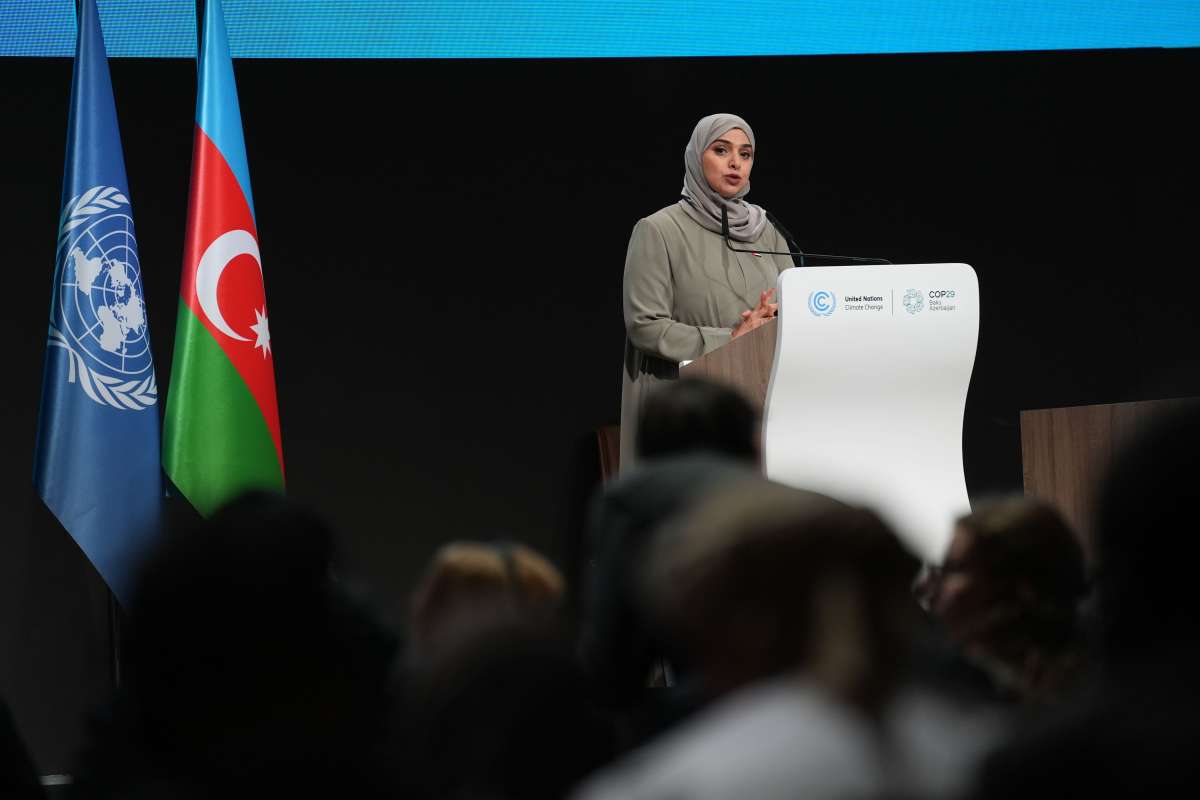Rajesh Chithira, UAE based renowned poet shares his thoughts on rebuilding Kerala post deluge … reports Asian Lite News.

People of Kerala are recovering from the distressing moments post flood, the calamity that no one has ever dreamed of and which created unprecedented damage to the state.
People are extremely concerned about those missing in the floods, loss of lives and earnings. Even though World Bank and ADB have estimated a preliminary value of damages, the state has no clue about the real value of damages due to the flood.
Rescue being the priority in such critical situations, very little attention was paid to investigate the root cause of the disaster. Such findings may help us take effective precautionary measures at time of emergency. Meanwhile, the decreasing water resources reported after the disaster is leaving many in extremely difficult situation.
Restructuring of the state is now top on the agenda along with safeguarding its culture and traditions.
In the context of this devastating calamity, Kerala needs to seriously think about having an efficient disaster management system. The emergency response team is to be trained at various levels, capable in managing critical situations. All such initiatives are helpful in the efforts being put onto bring the lost glory back to the state.
During the initial days, people were confused about the reporting process to be followed when natural calamities occur. It is the responsibility of relevant government functions to maintain proper database of areas in potential danger, and if required, steps are to be taken to evacuate people to safer places.
The three functions – Electricity, Water Authority and Revenue Department – are to be brought under a common structure for a result-oriented functioning of the system. It helps the process of decision-making and implementation quick. Since the state has several reservoirs, its functioning needs to be regulated with an effective dam management system.
The absence of a policy focusing on preserving water resources is yet another concern. The impact of calamities such earth quake in the nearby places of reservoirs and the safety concerns related to storage / maintaining of optimum water level of reservoir capacity is yet to be ascertained
There should also be a mechanism to deal with land encroachment, and efforts need to be initiated to safeguard the structure of rivers and other natural resources in the state. The extensively damaged rivers cannot afford to preserve the rainwater. The authorities must also prevent illegal construction activities close to the riverside.
The exploitation of Western Ghats must be closely monitored. The green vegetation spread over the Western Ghats and its ecological sustainability helps preserve rainwater. Along with rivers, other resources such as lakes, ponds, mangroves and fields must also be safeguarded as part of an effective water policy.
Meanwhile, initiatives should also be there to help recover submerged lands from natural calamities. For example, in Netherlands there are a lot of flood control measures, such schemes should become part of the academic structure and we should develop a model of excellence aligning with the state’s landscape and resources.
It is also equally important to bring awareness among the public about adopting environmentally supportive structural methods that are entirely different from the present-day concrete culture. With active public participation, there should also be discussions about the usage of land for domestic purposes, supported with suitable decision-making processes.
The overall objective should be rebuilding a new Kerala with the active participation of people from all walks of life, irrespective of which political parties they belong to.








